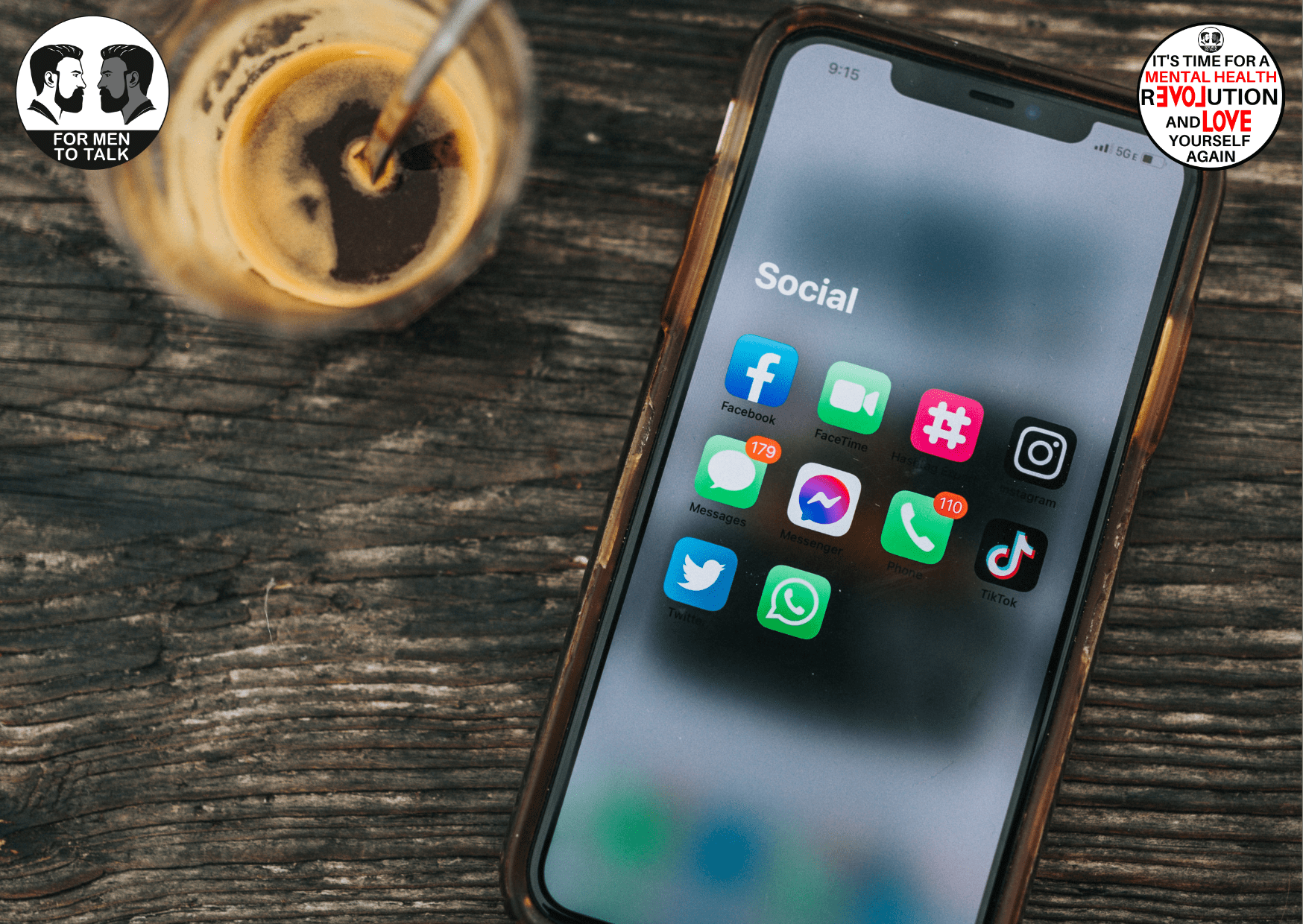The dangers of social media on mental health

Mental health and social media have a complex and often controversial relationship. On one hand, social media can provide a sense of community, connection and support for individuals struggling with mental health issues. It can also serve as a platform for raising awareness. On the other hand, social media can also contribute to negative mental health outcomes, particularly for young people.
One way that social media can impact mental health is through the presentation of unrealistic or carefully selected versions of people’s lives. This can lead to feelings of inadequacy or jealousy, as people compare their own lives to the highlight reels of others.
Social media can also contribute to a culture of constant comparison and competition, which can be detrimental to self-esteem and well-being.
Another potential negative effect of social media on mental health is the occurrence of cyberbullying and online harassment. These types of online interactions can be especially harmful to young people, who may not have the skills or resilience to cope with them.
Research has also shown that social media use can contribute to the development of anxiety, depression and other mental health issues in some individuals.
The impact of social media on mental health can vary depending on the individual and their unique experiences and circumstances. Some people may find social media to be a valuable source of support and connection, while others may find it to be a source of stress and negativity.
Given the potential risks to mental health, it is important for individuals to be mindful of their social media use and to take steps to protect their well-being.
This may include setting limits on the amount of time spent on social media, unfollowing accounts that are not supportive or positive and being mindful of the content that is shared or consumed. It is also important to seek help if social media use is having a negative impact on mental health or if feelings of anxiety, depression or other mental health issues are present.
Social media addiction is a term used to describe the excessive use of social media platforms that can interfere with a person’s daily life and relationships.
People who are addicted to social media may feel an overwhelming urge to check their accounts constantly, even when they are doing other things.
This can lead to a lack of productivity and difficulty disconnecting from the digital world. It can also lead to feelings of loneliness, low self-esteem, and depression.
There are several signs that someone may be addicted to social media, including:
- Feeling anxious or upset when not using social media
- Prioritising social media over other activities or responsibilities
- Comparing oneself to others on social media and feeling inadequate
- Excessive use of social media, often to the point of neglecting sleep or other self-care